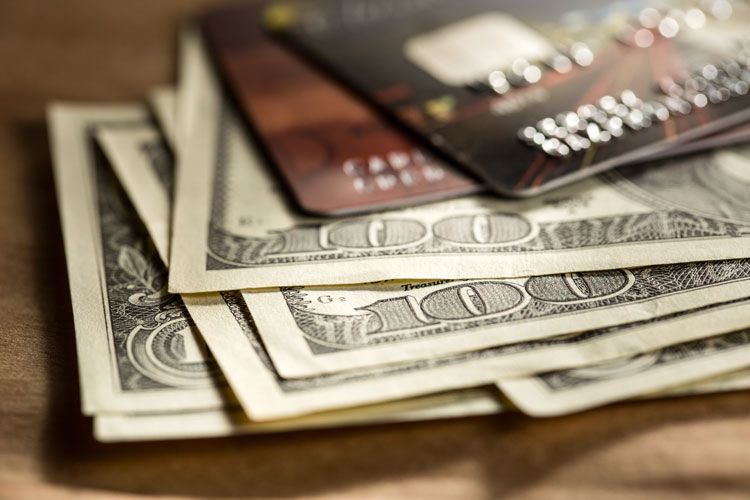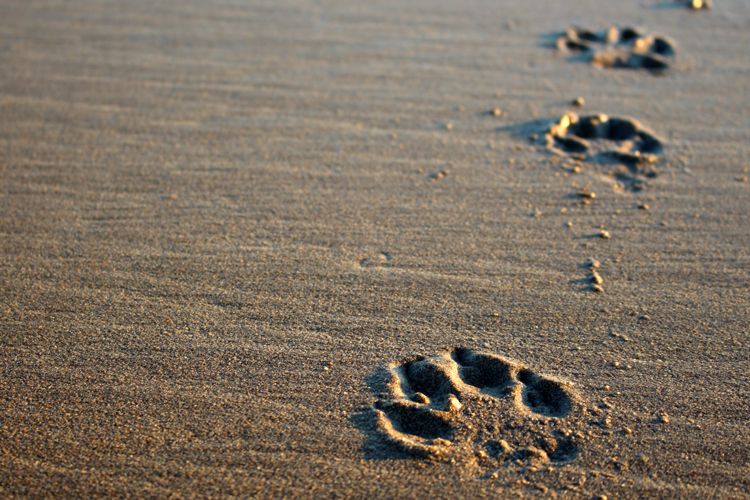All The Things You Should Consider Taking With You In An Emergency Evacuation
If you ever find yourself in the middle of an emergency evacuation here are some essential and irreplaceable items you take with you.

Floods, fires, tornadoes, or other extreme weather - sadly, it seems like we hear about these unfortunate situations all the time.
Regardless of the disaster at hand, an emergency evacuation is scary. Your mind is racing so fast it’s hard to think clearly, and you only have a really short window of time to figure things out. While the most important thing is to get yourself and your family out safely, if you do have enough advance warning, there are some items you should definitely consider bringing.
Let’s start with evacuation-related items to help make your time away from home as comfortable as possible:
Medicine & Hygiene

Focus on the most important things first, starting with any prescription medications. Also consider inhalers, EpiPens, glasses and contacts (with solution and cases), OTC medication (pain, stomach, sinus), baby items if applicable (diapers, wipes, bottles, formula), and basic toiletries (toothbrush, feminine products, band aids).
As hard as it may be to leave your hair dryer or electric razor behind, don’t waste too much time or effort on things you don’t need or can easily pick up after you’re safe.
Cash & IDs

It might seem like a no brainer to bring cash, credit cards, checkbooks, your driver license, and passport, but during a crisis it’s easy to forget even the most obvious, everyday items. For example, you might think you can grab cash at an ATM, but what if the power is out or the machines are empty?
You should also bring all the important keys to your home and vehicles, as well as proof of address, which you will most likely have to provide to re-enter a restricted area after the disaster passes. (You’re fine if your current address is on your license or passport; if you recently moved to the area, any piece of mail, like a utility bill or bank statement, should suffice.)
Clothes & Comfort

How many of us over-pack for vacations and only end up wearing half of what we brought? It’s not easy leaving your wardrobe behind, especially if you have an emotional attachment to your clothes, but you need things that will keep you comfortable and safe. This includes sturdy and comfortable shoes/sneakers, long pants (sweats/work pants), long-sleeved shirts, and extra socks and underwear.
Climate should play a big factor in helping you choose. If it’s cold, don’t forget a warm jacket, hat, gloves, and scarf. As far as other comfort items go, and depending on where you’re evacuating to, you can’t go wrong if you bring a sleeping bag, blanket, pillow, tent, flashlight, batteries, lighter or matches, candles, AM/FM Radio, and plastic storage bags. I find that Ziploc bags can practically be used for anything and always come in handy.
Pets

It goes without saying you’d bring your family, so if you have any pets don’t forget them or any items they may need: medication, food, cases, leashes, carriers, or cages. Check out this ASPCA article for comprehensive disaster preparedness for pets.
Electronics and Chargers

It’s safe to assume you’ll be bringing your cell phone, so don’t forget your charger. If you’re bringing other electronics like your laptop or tablet, make sure to bring chargers for those, as well.
As far as other electronics (example: desktop computer), you shouldn’t have to worry if you store important information in the cloud. (Perhaps an Everplan! Hint, hint). If you have all your data backed up on external hard drives or thumb drives, be sure and bring those.
Things that are irreplaceable

When it comes to non-essential items, focus on ones that can’t be replaced like special photos and photo albums (example: a deceased parent’s wedding album), kids favorite dolls/toys, family heirlooms and keepsakes (jewelry, a blanket knitted by your late grandmother), and any valuables or collectibles you would be distraught to lose.
It’s easy for this stuff to balloon out of control, because everything in your home probably has some sort of meaning. This is why you need to be discerning and only take what you can fit, depending on your evacuation situation. (You can always get your kids another PlayStation, but you can’t replace their baby book.)
Things you might need in the future
There are certain things that can be replaced, but are a hassle to do so. If you have the time, and these things are accessible, try and take any property deeds or rental agreements for real estate, vehicles, Life Insurance policy, and any other major physical investments, birth certificate, social security card, and additional licenses or certificates (example: marriage, firearms, diplomas, etc.).
Legal Documents

If you store legal documents in your home — Wills, Medical Directives, Power Of Attorney, guardian papers, adoption records, financial paperwork that relies on physical documents — it’s best to take them with you to avoid having to get new ones issued or re-creating them entirely.
Insurance

Even though this might be the last thing on your mind in the moment, you also might want to consider taking some photos and videos of your home before you leave. These could prove to be very useful when it comes time to file an insurance claim after the fact if you suffer any property damage.
Finally, and just to reiterate, don’t spend any extra time in your home gathering all of these items, or taking photos for insurance purposes, if it jeopardizes your or your family’s safety. You can always buy new things. Your safety should always be the first priority no matter what.
Evacuation Checklist

To help you organize a plan of action, you can download this evacuation checklist featuring all the things mentioned in this article and more. If you have any suggestions for other necessary items you should take during an evacuation, please let us know here.
- All The Information You Need To Share About...It’s incredibly sad to think of our pets without us, but here’s your chance...Read more
- Estate Planning For Your PetsAmerica is approaching a belly rub crisis. Or, in the case of cats, that...Read more
- What To Say To Someone Grieving The Loss Of A PetFor most people, it’s not just a dog, cat, or other domesticated animal....Read more
- Planuary: Organizing For The New YearIf the turn of a new year inspires you to finally get your life in order, we...Read more



